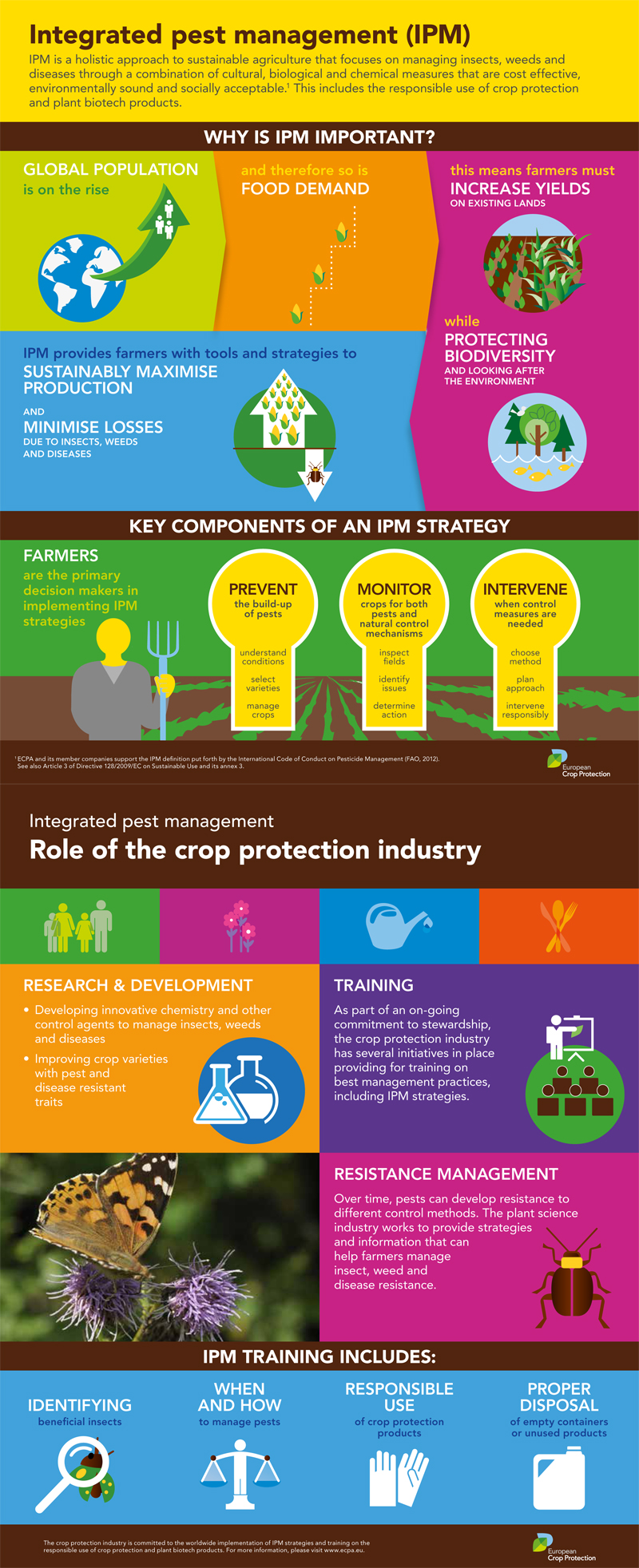Get Ready To Turn Your Garden Into A Pest-Free Place Making Use Of These Creative Suggestions And Techniques
Get Ready To Turn Your Garden Into A Pest-Free Place Making Use Of These Creative Suggestions And Techniques
Blog Article
Content Writer-Walters Warren
Visualize your yard as a shelter, an area of serenity and appeal. Nevertheless, the existence of outdoor insects can swiftly interrupt this idyllic photo. What if there were simple yet effective methods to keep these undesirable visitors away and shield your yard oasis? By following non toxic ant killer and applying all-natural methods, you can create a harmonious exterior room where your plants can thrive uninterrupted.
Natural Pest Deterrents
To keep parasites far from your yard naturally, plant aromatic natural herbs like mint and lavender. These aromatic plants not only add charm to your yard yet additionally work as effective pest deterrents. visit the next web page like insects, flies, and also some garden-damaging insects are repelled by the solid scents released by these herbs. Merely placing them strategically around your garden can help develop a natural barrier against unwanted insects.
In addition to mint and lavender, consider growing various other herbs like rosemary, basil, and lemongrass to better boost your garden's pest-proofing capacities. These herbs not just work as natural repellents but also have the included benefit of serving in food preparation or crafting homemade treatments.
Strategic Plant Positioning
Consider the layout of your yard and the sorts of plants you need to strategically put them for optimum pest-proofing efficiency.
Start by organizing plants with comparable resistance to bugs with each other. By doing this, you can create an all-natural barrier that prevents parasites from spreading throughout your yard.
In addition, positioning pest-repelling plants like marigolds, lavender, or mint near more at risk plants can assist shield them. High plants, such as sunflowers or corn, can function as a guard for shorter plants against insects like rabbits or ground-dwelling pests.
Keep in mind to leave sufficient area between plants to improve air blood circulation and minimize the threat of diseases that pests may carry.
In addition, consider planting strong-smelling natural herbs like rosemary or basil near vulnerable plants to perplex insects' senses and make it harder for them to find their targets.
Effective Parasite Control Methods
For combating garden parasites effectively, executing a multi-faceted parasite control technique is important. Begin by motivating safe indoor ant killer -natural killers like birds, ladybugs, and hoping mantises to help keep bug populations in check. Presenting plants that attract these valuable pests can assist in pest control. Additionally, practicing great yard hygiene by removing debris and weeds where pests may hide can make your garden much less hospitable to undesirable site visitors.
Think about utilizing physical obstacles such as row cover fabrics or netting to shield prone plants from bugs like caterpillars and birds. Applying natural pesticides like neem oil or insecticidal soap can additionally be effective versus particular insects while being much less hazardous to advantageous bugs and the environment. It's essential to turn your plants each period to stop the build-up of bug populations that target particular plants.
On a regular basis examine your plants for indications of pest damage so you can take action immediately. By integrating these methods and remaining attentive, you can successfully manage garden bugs and take pleasure in a flourishing, pest-free garden.
Conclusion
So, there you have it - with the right strategies, you can maintain pesky outside insects away from your yard and aid your plants prosper.
Did you understand that planting mint has been shown to drive away mosquitoes and various other insects, minimizing the demand for damaging pesticides by approximately 60%?
By incorporating all-natural deterrents and clever planting strategies, you can create a gorgeous and pest-resistant yard sanctuary for you to enjoy.
